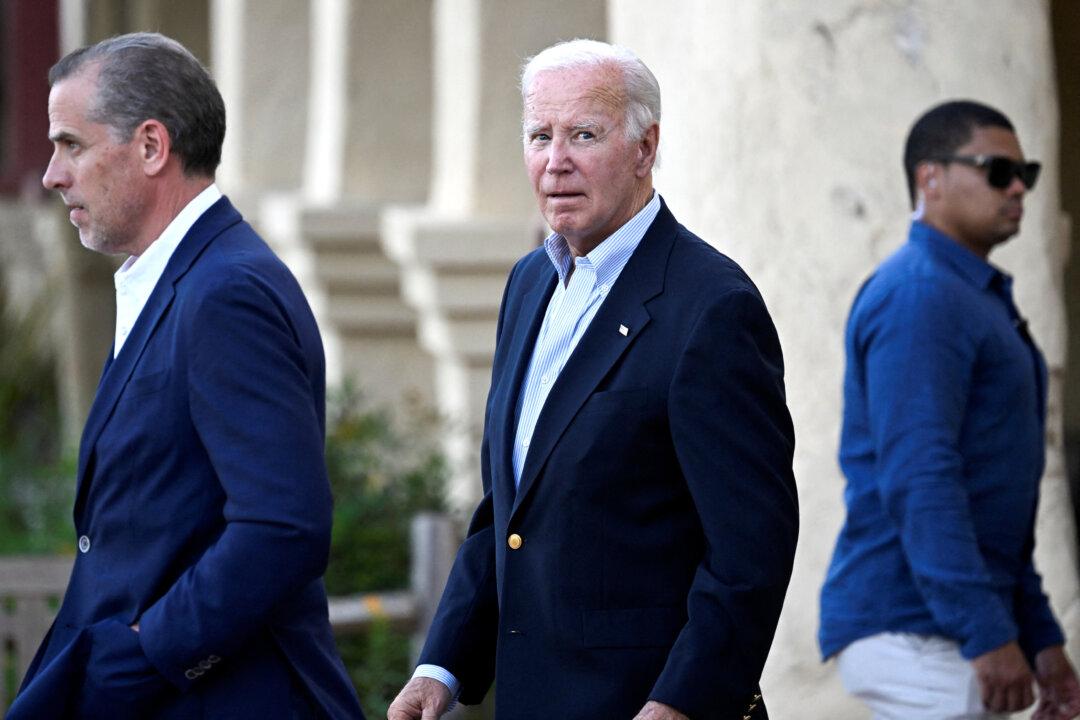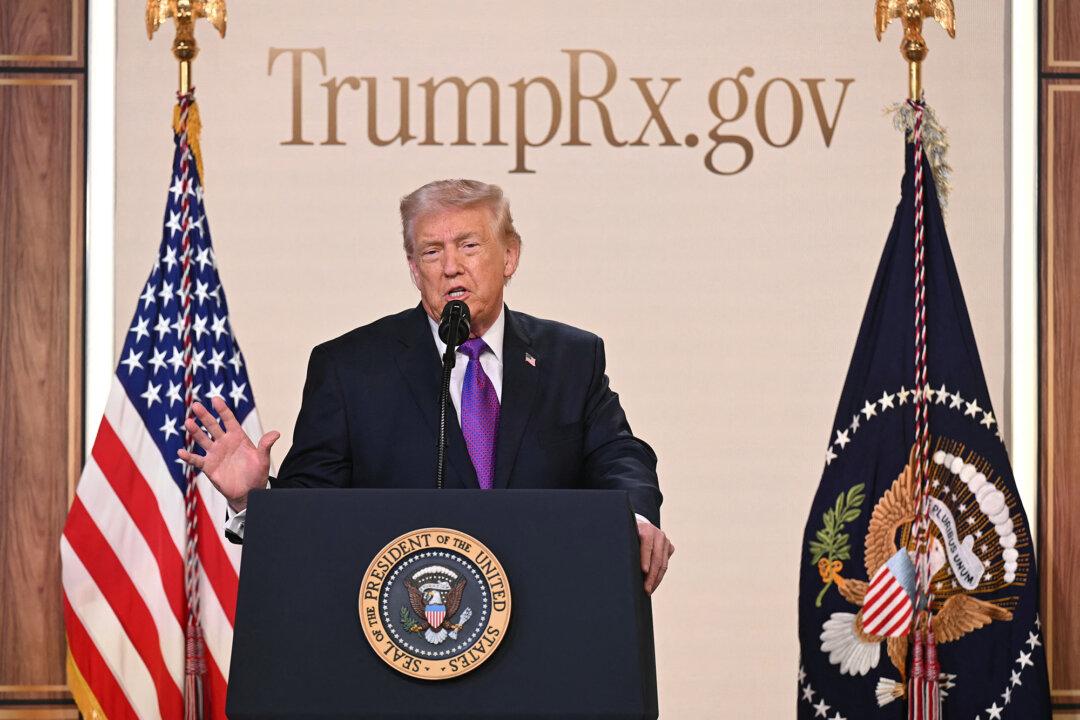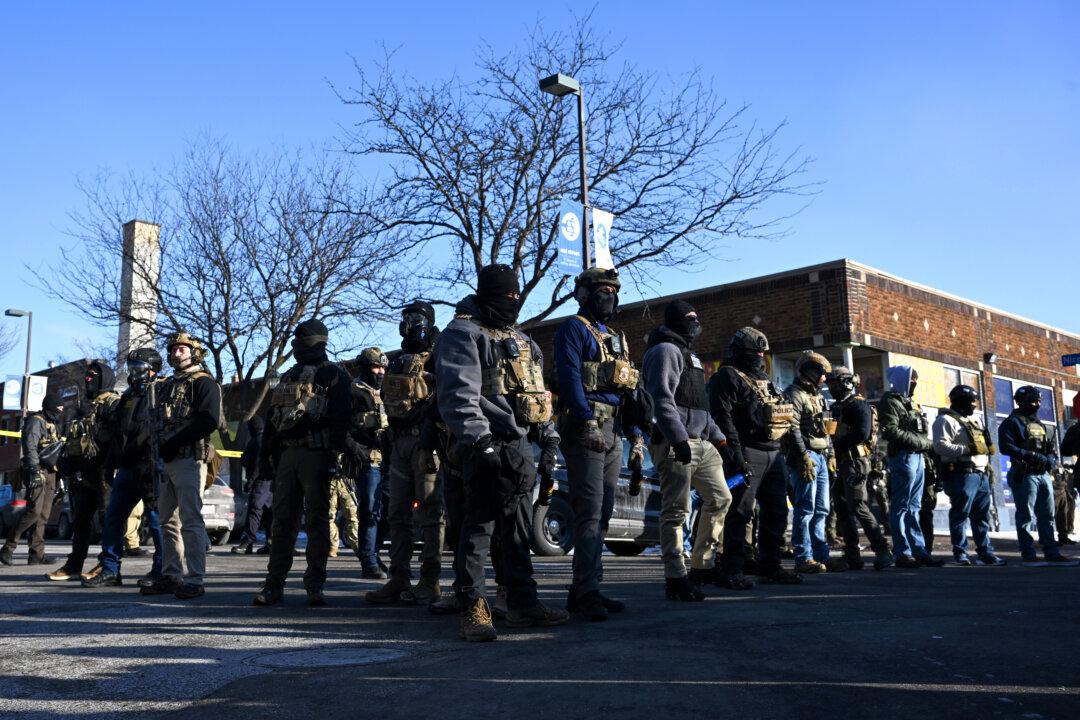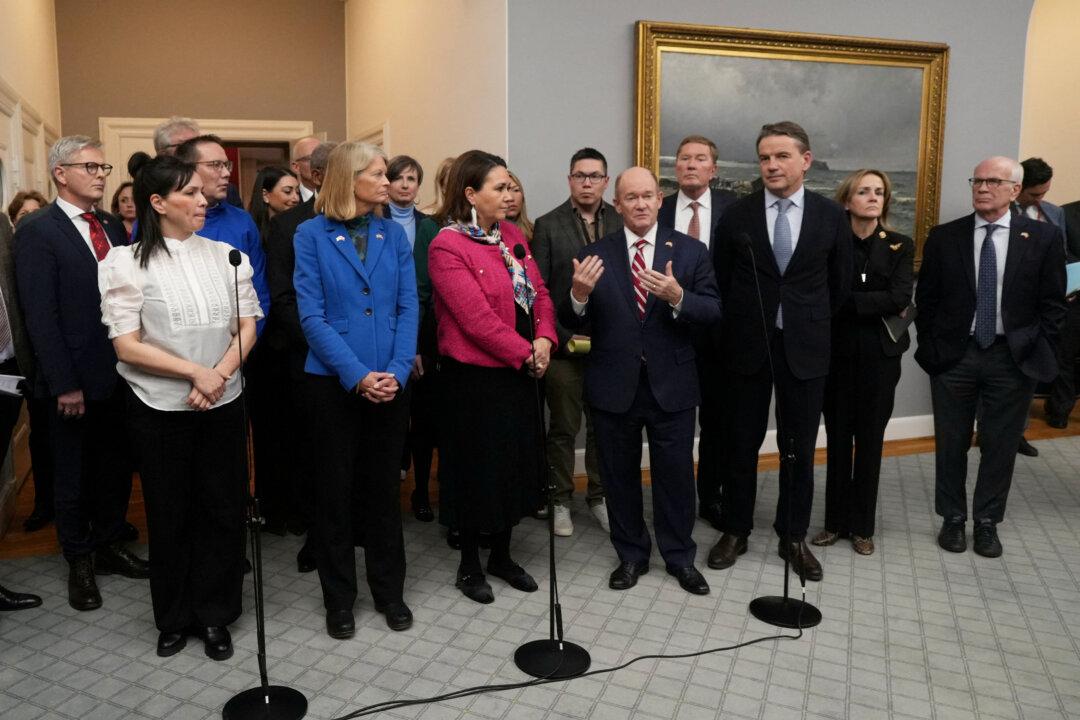President Joe Biden honored a time-old presidential tradition on Dec. 12 by issuing 39 pardons for non-violent offenses and a historical nearly 1,500 commuted sentences.
The acts of clemency, “the most ever in a single day,” according to the White House, were mostly for individuals placed in home confinement during the pandemic to reduce the spread of COVID-19 in prisons.




